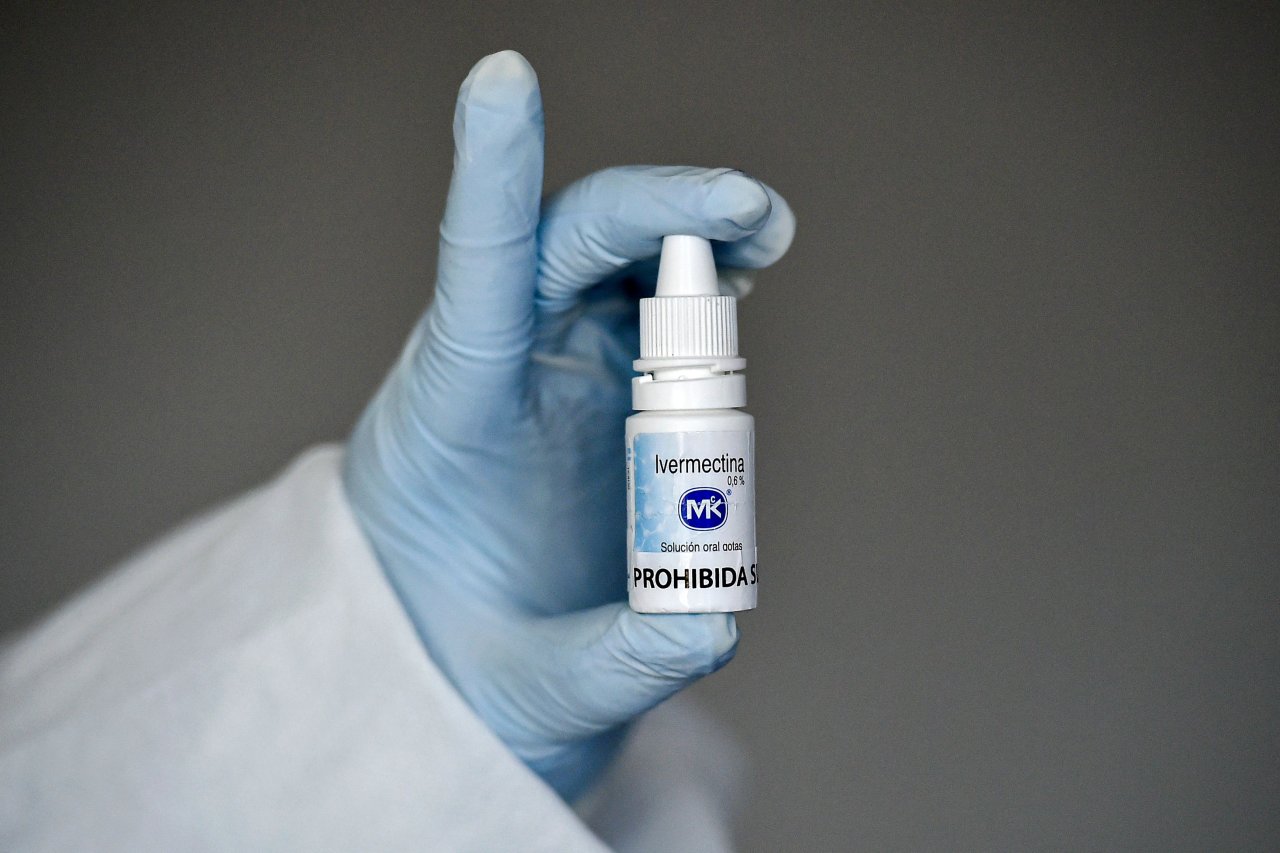In The Atlantic

From my article in The Atlantic, posted Jan. 8, 2026
Every few weeks I turn up in a hospital gown at a medical exam room in Massachusetts and describe a set of symptoms that I don’t really have. Students listen to my complaints of stomach pain, a bad cough, severe fatigue, rectal bleeding, shortness of breath, a bum knee, HIV infection, even stab wounds; on one occasion I simply shouted incoherently for several minutes, as if I’d had a stroke. Then the students do their best to help….Read more




























